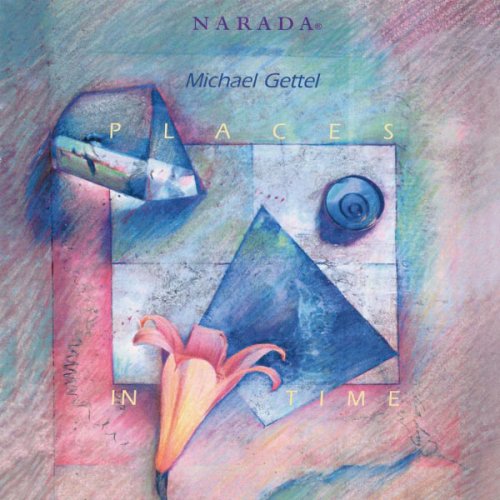Beaux Arts Trio - Dvořák, Mendelssohn – Piano Trios (1986)
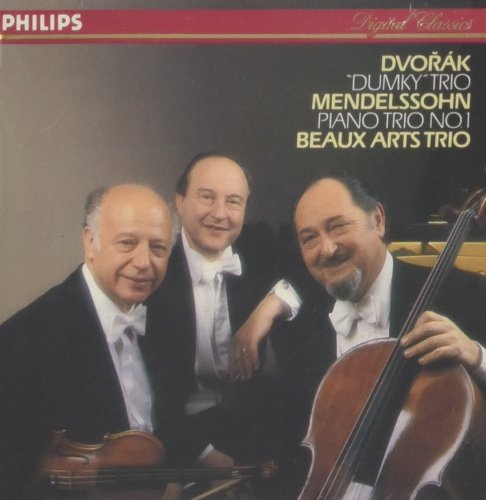
Artist: Beaux Arts Trio
Title: Dvořák, Mendelssohn – Piano Trios
Year Of Release: 1986
Label: Philips
Genre: Classical
Quality: FLAC (image+.cue,log,scans)
Total Time: 01:01:33
Total Size: 281 Mb
WebSite: Album Preview
Tracklist: Title: Dvořák, Mendelssohn – Piano Trios
Year Of Release: 1986
Label: Philips
Genre: Classical
Quality: FLAC (image+.cue,log,scans)
Total Time: 01:01:33
Total Size: 281 Mb
WebSite: Album Preview
Antonín Leopold Dvořák (1841 - 1904).
Piano Trio in number 4 e-moll «Dumka», op. 90 (1890 - 1891).
01. Lento maestoso [04:15].
02. Poco adagio [07:10].
03. Andante [06:41].
04. Andante moderato (quasi tempo di marcia) [05:33].
05. Allegro [04:03].
06. Lento maestoso [04:44].
Felix Mendelssohn Bartholdy (1809 - 1847).
Piano Trio №1 d-moll, op. 49 (1839).
07. I. Molto allegro ed agitato [09:22].
08. II. Andante con moto tranquillo [06:55].
09. III. Scherzo. Legiero e vivace [03:39].
10. IV. Finale. Allegro assai appassionato [08:44].
Performers:
Beaux arts trio:
Menahem Pressler (piano)
Isidore Cohen (violin)
Bernard Greenhouse (cello).
The Beaux Arts, late 1980s-style, is recognizably the same creature as it was at the start of the decade, or even two decades ago. The fingers of Menahem Pressler still twinkle away, the violin and cello exchange angst for mischief in volatile and ebullient alternation.
The most obvious comparison for their latest release is the identical Dvorak/Mendelssohn coupling of 1980 on Pearl. Then Daniel Guilet was the violinist, and his comparatively small voice and old-style sweetness make their mark: this Dvorak is a small-scale, kid-glove performance, with the gentle acoustic recessing the violin even further and softening the high-spirited Dumka episodes. In comparison, this latest recording is brighter, more resonant; the playing more confident and assertive. But with this rise in profile goes an increase in self-consciousness. I find the opening a shade over-rhetorical, the sense of elan at times a little tense.
If you really want the definitive Beaux Arts' Dvorak, you have to go back to 1971—or any of the three reissues that have justifiably appeared since. The 1985 Philips Musica da camera release offers no coupling; but the players seem glad to stretch nerve and muscle in its wider space. With Isidore Cohen's violin in fulsome, glowing form, and the ensemble as a whole in robust musical health, there is a sense of ease and spontaneity here which hasn't been captured since.
When it comes to the Mendelssohn, this latest performance is, again, more expansive, more lively in interplay than the 1980 version. But Cohen's violin is sometimes uncharacteristically 'stringy', and some strenuous rubato brings just too much sense of struggle to the first movement, and tinges the central 'song without words' with mannerism. Guilet's playing in 1980 is nicely suited to the elfin in Mendelssohn, though again the padded, bottom-heavy acoustic takes the edge off its high spirits. The 1968 Philips line-up (coupled with more Mendelssohn) also has Guilet, but, by comparison, lacks character.
If all I wanted was the Mendelssohn, I would go for the Queffelec trio on Erato who make of the work a rolling romantic landscape, steady in its balance of parts, never protesting too much, and with real imaginative kick in the playing of each highly individual soloist. So to sum up: those who don't mind separating the works should go for the Beaux Arts' 1985 Dvorak reissue and the Queffelec Mendelssohn; those who want the works coupled must choose between the earlier low-profile, but sweetly imaginative 1980 performances and the more assertive, extrovert release of this month.
The most obvious comparison for their latest release is the identical Dvorak/Mendelssohn coupling of 1980 on Pearl. Then Daniel Guilet was the violinist, and his comparatively small voice and old-style sweetness make their mark: this Dvorak is a small-scale, kid-glove performance, with the gentle acoustic recessing the violin even further and softening the high-spirited Dumka episodes. In comparison, this latest recording is brighter, more resonant; the playing more confident and assertive. But with this rise in profile goes an increase in self-consciousness. I find the opening a shade over-rhetorical, the sense of elan at times a little tense.
If you really want the definitive Beaux Arts' Dvorak, you have to go back to 1971—or any of the three reissues that have justifiably appeared since. The 1985 Philips Musica da camera release offers no coupling; but the players seem glad to stretch nerve and muscle in its wider space. With Isidore Cohen's violin in fulsome, glowing form, and the ensemble as a whole in robust musical health, there is a sense of ease and spontaneity here which hasn't been captured since.
When it comes to the Mendelssohn, this latest performance is, again, more expansive, more lively in interplay than the 1980 version. But Cohen's violin is sometimes uncharacteristically 'stringy', and some strenuous rubato brings just too much sense of struggle to the first movement, and tinges the central 'song without words' with mannerism. Guilet's playing in 1980 is nicely suited to the elfin in Mendelssohn, though again the padded, bottom-heavy acoustic takes the edge off its high spirits. The 1968 Philips line-up (coupled with more Mendelssohn) also has Guilet, but, by comparison, lacks character.
If all I wanted was the Mendelssohn, I would go for the Queffelec trio on Erato who make of the work a rolling romantic landscape, steady in its balance of parts, never protesting too much, and with real imaginative kick in the playing of each highly individual soloist. So to sum up: those who don't mind separating the works should go for the Beaux Arts' 1985 Dvorak reissue and the Queffelec Mendelssohn; those who want the works coupled must choose between the earlier low-profile, but sweetly imaginative 1980 performances and the more assertive, extrovert release of this month.

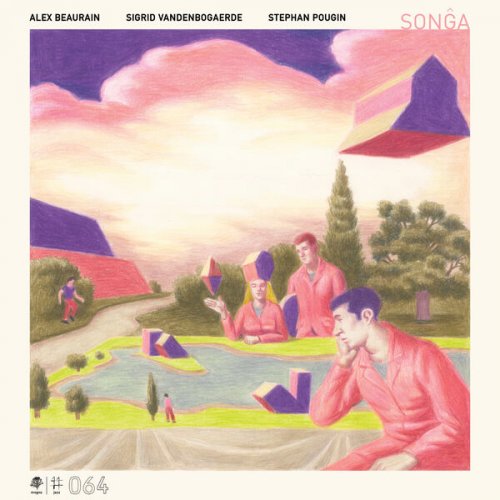


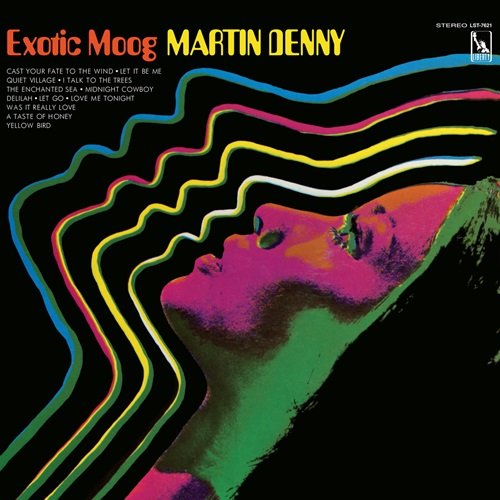
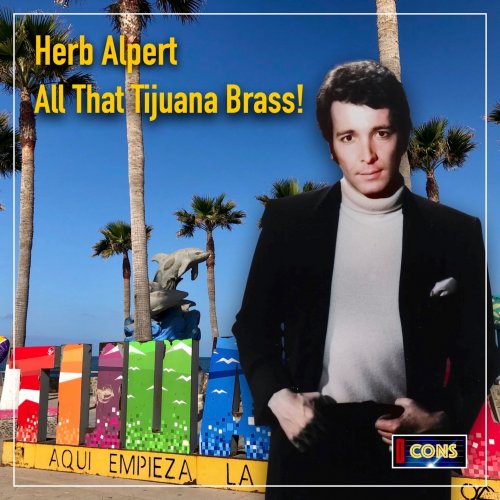
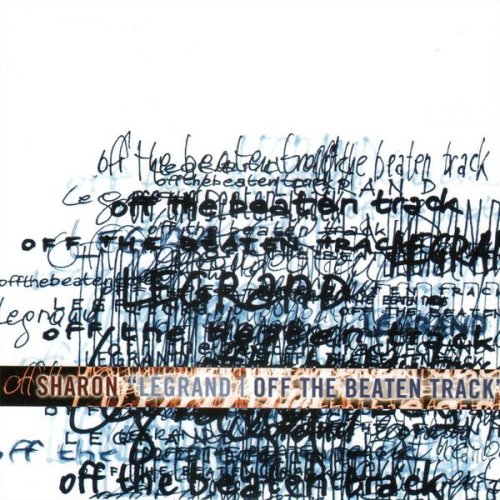
![Wadada Leo Smith - Divine Love (1979/2025) [Hi-Res] Wadada Leo Smith - Divine Love (1979/2025) [Hi-Res]](https://www.dibpic.com/uploads/posts/2025-12/1765802240_cover.jpg)
